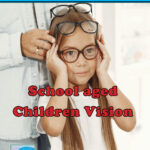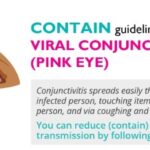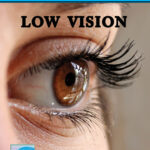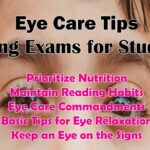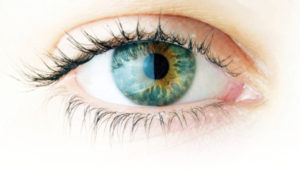

How can you know if your child has an eye problem? The best way is to undergo vision screening by an Ophthalmologist, if they have high risk factors for eye problems. This is best in the first year of life (around three and five years) and annually if wearing prescription glasses or contact lenses.
One of the greatest moments for any parent is when your child looks at you and smiles and that gives you an assurance that your child is seeing you. The first few weeks after birth your child sees things indistinctly and in shades of grey. The visual system of a newborn takes several months to develop fully. Any eye problem during this crucial period of vision development could delay a child’s cognition as well as learning. Hence it is important to detect and correct these problems as early as possible.
Children are more at risk for an eye problem in the following cases:
1. Labor that is difficult or assisted, associated with fetal distress or low APGAR scores
2. Low birth weight, premature birth, or oxygen use after birth
3. Drug or alcohol use during pregnancy
4. Sexually transmitted disease, CMV, HIV
5. Brain Injury / Trauma
6. Developmental delay
7. Down syndrome
8. Autism spectrum
9. Cerebral Palsy
10. Family history of eye conditions such as congenital cataract, congenital glaucoma, retinoblastoma, metabolic or genetic disease
11. Family history of high refractive error, lazy eye or cross eye
Important warning signs which indicate that your child has an eye problem:
- Not able to follow or track an object with the eyes as it moves across their field of vision after 3 months of age
- Sitting closer to the television or holding a book very close to the face
- Squinting of eyes
- Drooping of the eyelids
- White reflex on a camera flash instead of a red reflex
- Excessive rubbing of the eyes
- Excessive watering from the eyes
- Blurred vision
- Unexplained headaches
- Closing one eye in bright light
- Cloudy eyes
Since most of the time vision problems are not very obvious, the best way to catch these issues early is to undergo vision screening. Get your child’s eyes examined by an Ophthalmologist if they have high risk factors for eye problems – at first year of life, around three and five years of life and annually if wearing prescription glasses or contact lenses
Only a comprehensive eye examination done by an Ophthalmologist helps to fully identify eye problems, provide diagnosis, and ensure proper treatment for all of the vision and other eye health related issues that can impact a child’s ability to meet important developmental and educational milestones.
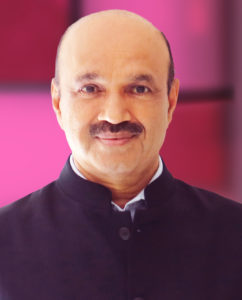

Dr. Bhujang Shetty
Narayana Nethralaya
121/C , 1st ‘R’ Block, Chord Road
Rajaji Nagar
Bangalore – 560010
Ph: 91 8066121300-305



